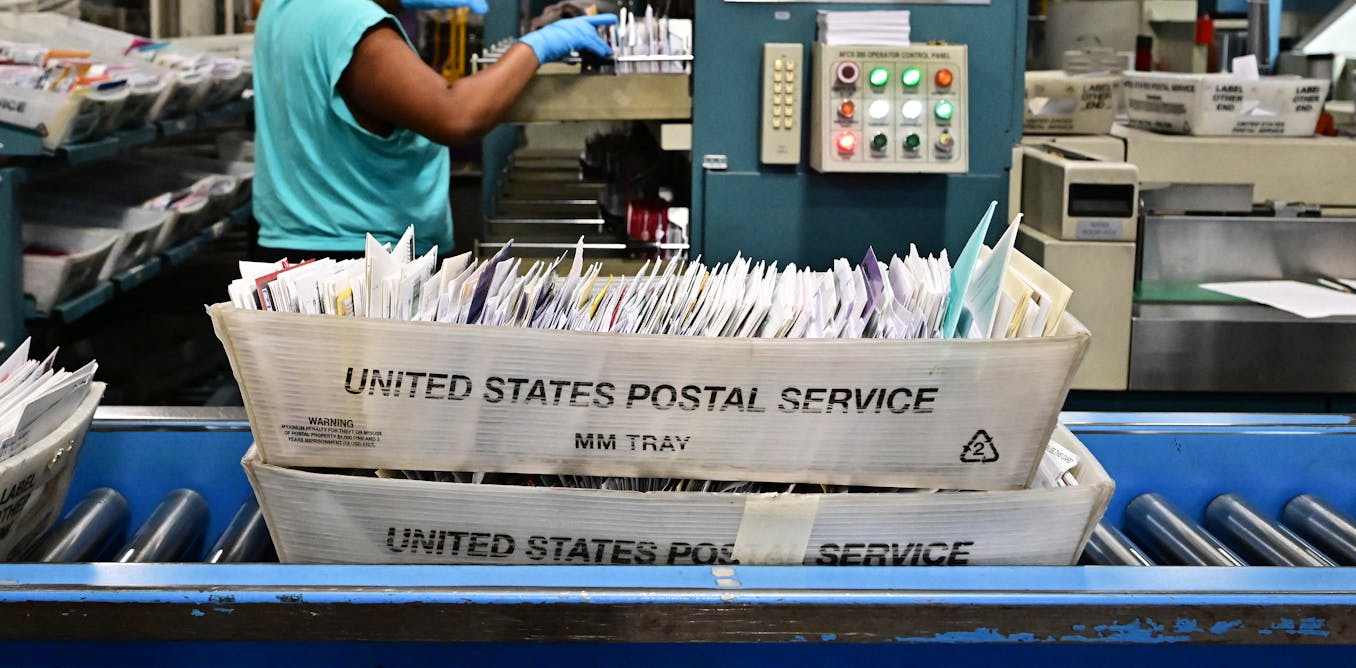



Postmaster General Louis DeJoy oversees the U.S. Postal Service (USPS), which processes over 44% of the world's mail. In 2023, USPS handled an impressive 116.2 billion pieces of mail, reflecting its critical role in the nation's communication infrastructure [e345f2c5]. The agency operates 22,873 properties, significantly more than the 8,800 managed by the General Services Administration, and employs 525,469 individuals, with salaries and benefits totaling $2 billion [e345f2c5].
Amid ongoing financial challenges, DeJoy has proposed several measures aimed at reducing costs and improving service reliability. These include increasing the price of 'Forever' stamps in 2025 and potentially reducing delivery days. One significant proposal involves implementing a one-day delay for mail traveling over 50 miles from processing centers, which DeJoy believes could save the agency approximately $3 billion annually [433679eb]. However, this has raised concerns among advocates, particularly regarding the impact on rural residents who rely heavily on timely mail delivery [433679eb].
The USPS has reported a net loss of $9.5 billion for the fiscal year ending September 30, 2024, contributing to a staggering total loss of over $100 billion since 2007. Projections indicate an additional $160 billion in losses over the next decade if current trends continue [39e89c16]. In light of these financial pressures, discussions around privatization have emerged, with critics warning that such a move could lead to higher mailing costs and reduced service levels [e345f2c5].
In the UK, similar challenges have been faced by Royal Mail, which recently incurred a £10.5 million fine from Ofcom for failing to meet delivery targets. This highlights a broader trend of postal services grappling with performance issues and financial sustainability [f960a469]. As both USPS and Royal Mail navigate these turbulent waters, innovative solutions such as postal banking are being considered to stabilize finances and enhance service delivery [433679eb].
The postal system in the U.S. dates back to 1775, with Benjamin Franklin as its first head. The postmaster general was removed from the Cabinet in 1971, marking a significant shift in the agency's governance [e345f2c5]. As the USPS continues to adapt to modern challenges, the role of the postmaster general remains crucial in ensuring that mail delivery, especially for rural communities, is maintained at a high standard.